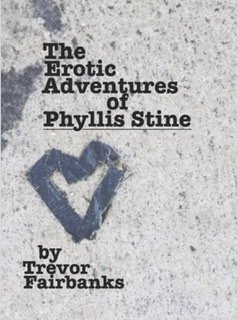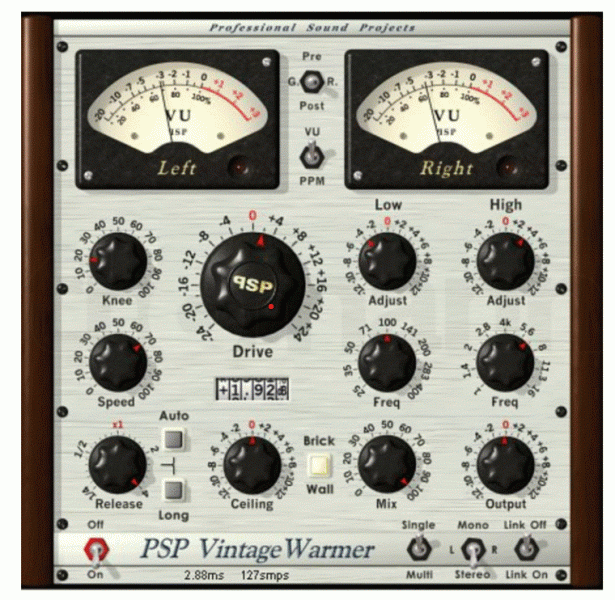1. David was introduced to the concept of "Natural Sound" by someone else. He then introduced the concept to others and then to me.
Perhaps David can tell us who introduced the concept to him.
2. Wrong. I never acknowledged that David influenced the way I perceive music. That is false and a complete mischaracterization.
I quote you from your interesting report on your trip to Utah:
"Around 1:00AM (3:00AM my time), after ten LP sides and some interesting discussions, it was time for some sleep. What a night! This system was truly “Beyond” anything I have ever heard. My new education had begun. What had started in Vienna ten years ago with live sound and learning about the “energy” made by the instruments and voices, was now continuing with an emersion into “natural resolution” from an audio system."
And
" About a year ago, David and I started corresponding, and he made a few suggestions about my system set up based on the photographs and videos I sent him. " (end of quote)
Please do not tell us that David did not influence the way you now perceive music.
David taught me how to choose and set up system components to present recorded music that gives me a closer experience to what I have when listening to live acoustic music. The criteria: Does it sound more natural? I heard it in his listening room in Utah, and I now hear it in my living room.
The only live music we have listened to together was a string quartet in his living room. He did not influence how I perceived what I heard while listening to that. I acknowledged that it was Dr. Peter Poltun in Vienna who influenced how I think about live music: energy.
3. "Some specific music" seems misleading and limited. In my case it is unamplified acoustic instruments and voice in a concert hall or jazz club setting: small and large scale classical, choral, a cappella, jazz, big band, blues, and then amplified classic rock plus some digital contemporary pop music on vinyl.
BTW1, I am not addressing live music, mostly reproduced sound. And sorry, if you listen to a lot of reproduced music it will also change the way you perceive real music.
BTW2 Please note that I make a difference between hearing and perceiving.








